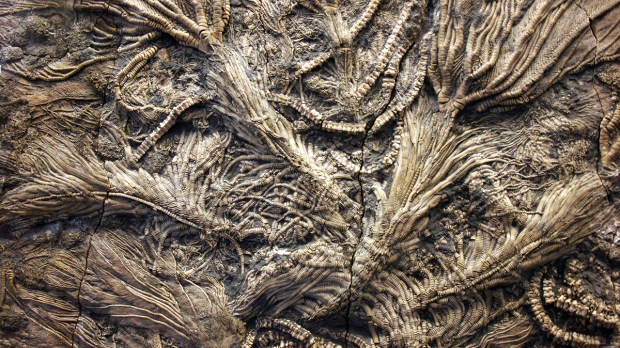A research team at the University College London has discovered microfossils in rock formations dating back to 4.3 billion years ago, when the area was an ocean, rich in iron. The UK’s Telegraph reports that the tiny lifeforms were discovered in Quebec, Canada, in an area that contains some of the oldest sedimentary rocks in the world.
The research about the discovery was originally published in the journal Nature.
This is the most significant evidence found to date that organisms could also have evolved on the planet Mars, which back then still had oceans and an atmosphere and was being bombarded by comets. Scientists believe these comets were responsible for the building blocks of life on Earth.
Since early Earth and early Mars were so similar, the research team who made the recent discovery think there may have been life on both planets at that time.
“We know that life managed to get a foothold and evolve rapidly on Earth. So if we have life evolving in hydrothermal vent systems maybe even 4.2 billion years ago when both planets had liquid water on their surface, then we would expect both planets to develop early life,” said Matthew Dodd, a doctoral student and the lead author of the study which was co-funded by NASA. “If we do future sample returns from Mars and look at similarly old rocks and we don’t find evidence of life then this certainly may point to the fact that Earth might have been a very special exception, and life may just have arisen on Earth.”
Before this discovery, the oldest microfossils ever found were in Western Australia and dated 3.4 billion years ago, which led scientists to believe that life on Earth started around 3.7 billion years ago. But the new fossils suggest living organisms could have on Earth as early as 4.5 billion years ago, just a hundred million years after the Earth was formed.
If similar life is found on Mars it could indicate that life here may have had a Martian origin, but some scientists say that it’s more plausible that life on both planets evolved at the same time, with Mars’ fizzling out and Earth’s blossoming.

